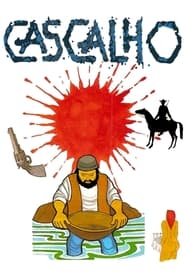detail profile fernando neves
Peran Yang Di Mainkan Fernando Neves
 Maria a virgin spinster is trying...
Maria a virgin spinster is trying...Maria do Caritó 2019
Maria, a virgin spinster, is trying magical superstitions to find a husband. In her dialogue with the marriage saint, she implores for a companion. Her father offered her as a bride to Saint Djalminha, if the saint saved her during her complicated birth which ended in the death of her mother. Since then Maria has lived this dilemma: revered and loved by the residents and pilgrims that believe she is a miracle worker; she is desperate to live a great love, with a flesh and blood prospect with real passionate desire. She asks for a sign from the heavens, a clue on how to find a crumb of love when a gypsy arrives on scene saying "someone who loves her very much, but she doesn't know will come from afar on an artists' caravan." Maria can't take the solitude she is living anymore and decides "to find Mr. Right," no matter how much it may cost.
 Rio de Janeiro in the period...
Rio de Janeiro in the period...Julio Sumiu 2014
Rio de Janeiro, in the period in which the Police Pacification Units (PPUs) were beginning to be deployed in the city. Edna (Lilia Cabral) is the mother of Julio (Pedro Nercessian) and Silvio (Fiuk). One day she wakes up desperate to see that Julio just disappeared!
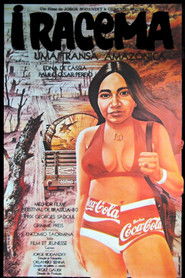 A girl from the countryside goes...
A girl from the countryside goes...Iracema 1975
A girl from the countryside goes to the city of Belém to take part in the Círio de Nazaré celebrations. Led to prostitution, she wishes to move to the wealthiest Southeast region of Brazil. In a dance club, she meets a truck driver that transports wood. Dreaming with the big city, she asks for a ride, and the two begin a journey through the Trans-Amazon road. In tension with the Brazilian military authorities of the time, the film registers several aspects of the Amazon social tragedy – forest fires, slave work and child prostitution. Awarded in several international festivals, the film was forbidden by the Brazilian censorship. It was only released years later, winning the Brasília Film Festival in 1981.
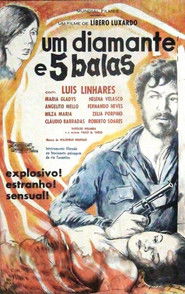 A man arrives in Tocantins river...
A man arrives in Tocantins river...Um Diamante e Cinco Balas 1966
A man arrives in Tocantins river, looking for fortune.

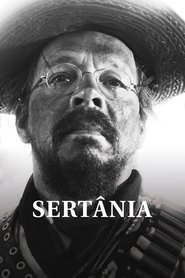 When bandits take the town of...
When bandits take the town of... The Devil himself comes to Earth...
The Devil himself comes to Earth...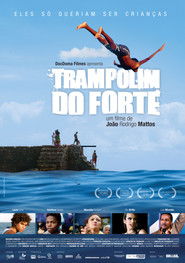
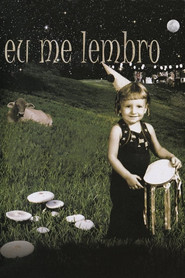 The memories of Guiga from early...
The memories of Guiga from early...